CATEGORIES:

When you insist on using your own in-house jargon with a customer and in proposal documentation, you demonstrate clearly to the customer your inward, internal, self-focused thinking.
You give him or her the clear message that you are either unable or unwilling to think or communicate from any perspective other than your own/your company’s. And you indicate to them that they’ll have to constantly make the effort to interpret you and your position, rather than vice versa, as it should in fact be.
Examples abound when dealing with B2C (business to consumer) organisations, especially the very large institutions.
An example springs readily to mind:
When my car experienced a flat battery, I called my home state’s automobile association for urgent road service.
The young call centre operator made reference to something like “standard service” and something like “ultra”. I indicated that I needed her to explain the key differences between those two options.
She seemed extremely surprised at my request and went on to do little more than repeat the same internal jargon – somehow expecting that to make things clearer at my end.
After three attempts at getting her to understand that she was using “company speak” that wasn’t meaningful to me, she responded – still unhelpfully – by stating that I would have read about the different options when I took out my membership.
So, here I am, stuck and stressed with a flat battery at rush hour, and somehow I am meant to recall the specific features of two levels of service I made a decision between several years ago.
The point is, when someone displays an inability to speak in anything other than his or her employer’s internal jargon (and expects the listener to know exactly what he or she means by any given term) it flags a certain lack of communication maturity – and, arguably, a certain lack of intelligence.
The same impression is conveyed to evaluators when an organisation’s bid writers demonstrate this same flaw.
Further, it plants concerns as to the degree of frustration that might be experienced in communicating with the bidder’s delivery team or other client/customer-facing personnel, along with the associated scope for error – particularly if the service or product in question is of a highly technical nature, and non-technical staff will be involved in communications with the vendor or service provider.
BID-WRITING LESSONS FROM THE WORLD'S GREATEST AUTHORS
(Book)
History’s literary greats have much to teach the writers of today. No-one, however, could benefit more from becoming a student of these masters of the written word than the commercial bid writer.
Their philosophies are enduring, and the principles that guided their work are as relevant to twenty-first century proposal professionals as they must have been to the disciples of their living years.
Available individually or as a six-pack (6 books for the price of 5).
BEATING THE BIG BOYS AT BIDS

(Training Program)
Capitalise on the natural advantages of being a smaller, more agile - and potentially, more aware - operator than your corporate competitors.
A five-module training available for delivery in tandem with your team's preparation for, and participation in, any especially important bid . . . and preferably one that stands to see your enterprise increase its competitive ranking within your industry.
(Equally applicable for producing proactive proposals and participating in less formal processes.)



